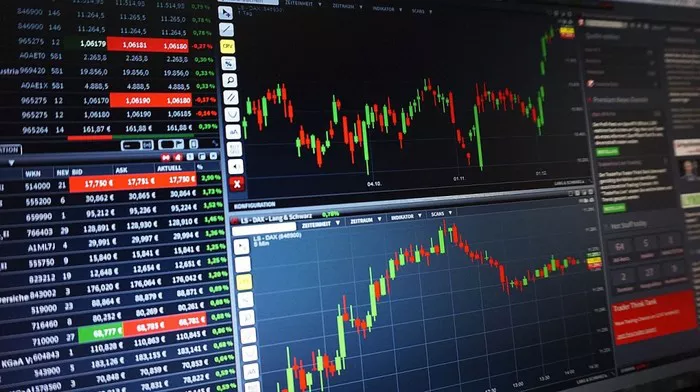The world of financial markets operates on a global scale, with different trading hours for various assets and instruments. Stock futures, as a critical component of the derivatives market, have their own set of trading hours that can impact investor strategies and market dynamics.
Defining Stock Futures Trading Hours
Stock futures trading hours refer to the specific periods during which investors can buy or sell futures contracts tied to the performance of individual stocks or stock indices. These hours are determined by the exchanges on which these contracts are listed and can vary depending on the geographical location of the exchange and the assets being traded.
Regular Trading Hours
The primary trading hours for stock futures align with the regular trading hours of the underlying stock market. In the United States, for example, stock futures are traded on exchanges such as the Chicago Mercantile Exchange (CME) and the Intercontinental Exchange (ICE). These exchanges have designated trading hours that typically mirror the trading hours of the New York Stock Exchange (NYSE) and the Nasdaq Stock Market.
Pre-Market and After-Hours Trading
In addition to regular trading hours, some exchanges also offer pre-market and after-hours trading sessions for stock futures. During pre-market hours, investors can place orders before the official opening of the stock market, allowing them to react to news and events that may impact prices. Similarly, after-hours trading extends the trading window beyond regular hours, offering opportunities for investors to adjust their positions in response to developments that occur after the market closes.
Global Considerations
Stock futures trading hours can vary significantly based on the geographical location of the exchange. For instance, exchanges in different time zones, such as those in Asia and Europe, operate during hours that may be quite distinct from those in the United States. This global perspective allows investors to engage in futures trading around the clock, contributing to the continuous nature of the financial markets.
Importance of Trading Hours
The trading hours of stock futures play a crucial role in shaping market dynamics and investor behavior. These hours determine when market participants can execute trades, respond to news, and adjust their positions. The availability of pre-market and after-hours trading also offers flexibility for investors with different trading strategies and time constraints.
Factors Influencing Trading Hours
Several factors influence the trading hours of stock futures:
Exchange Rules: Exchanges set their trading hours based on market demand, technological capabilities, and regulatory considerations.
Global Market Activity: The interconnected nature of global financial markets can influence the trading hours of stock futures as exchanges strive to accommodate investors across different time zones.
Volatility and Liquidity: Trading hours are often structured to align with periods of high market volatility and liquidity, ensuring that investors have the opportunity to execute trades in an efficient manner.
Optimizing Trading Strategies
Understanding the trading hours of stock futures is crucial for investors looking to optimize their trading strategies. Traders who prefer a hands-on approach may focus on regular trading hours, leveraging the increased liquidity and volatility associated with these periods. Meanwhile, investors seeking to react to overnight news or events can explore the possibilities offered by pre-market and after-hours trading.
Risk Management
It’s important to note that while extended trading hours offer opportunities, they also come with increased risks. Reduced liquidity during pre-market and after-hours sessions can lead to wider bid-ask spreads and greater price fluctuations. As a result, investors must exercise caution and employ risk management strategies when participating in trading activities outside of regular hours.
Conclusion
The trading hours of stock futures are a fundamental aspect of the global financial landscape, influencing market behavior, investor strategies, and risk management practices. Understanding the different trading sessions, from regular hours to pre-market and after-hours trading, empowers investors to make informed decisions that align with their goals and preferences. As financial markets continue to evolve, the accessibility to diverse trading hours provides a wealth of opportunities for market participants to engage in dynamic and strategic trading activities.



